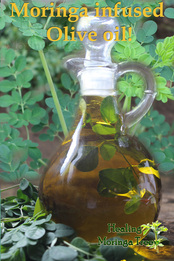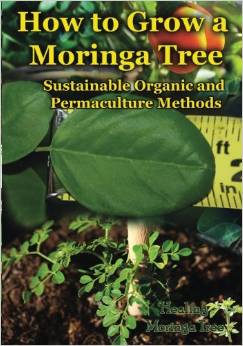|
Few things hit the spot like a creamy cone on a hot summer day. But should you go for a double scoop of mint chip — or the more virtuous-sounding fro-yo? Market research shows that frozen yogurt sales have risen an average of 21 percent each year since 2008, while the number of yogurt shops has doubled within the last seven years. And if you think frozen yogurt is healthier, you’re not alone. According to a survey conducted by Menchies, a frozen yogurt chain, roughly 95 percent of Americans believe the softer stuff is better for them than ice cream.
Related: Egg Whites or Whole Eggs: Which Are Healthier?
Dig into the nutrition facts, though, and the swirl of smooth and creamy self-serve dessert isn’t always the superior option. Here’s the scoop on why you may want to reconsider your next 16-flavor “16 Handles” bender. Related: 15 Healthier Homemade Ice Cream Recipes The Cold Truth: Frozen Yogurt Vs. Ice Cream Fro-yo might remind you of your favorite probiotic-rich morning Chobani — but not all “yogurts” are created equal. The freezing process used to make your dessert may kill some of the healthy gut bacteria found in regular yogurt. To compensate, some manufacturers of fro-yo (and standard yogurt, too) add extra probiotics after production. Related: Is It Better to Do Cardio or Strength Training First? “Look for the ‘Live and Active Cultures’ seal” when browsing the dessert aisle, says Alissa Rumsey, R.D., a spokesperson for the Academy of Nutrition and Dietetics. This seal, created by the National Yogurt Association, confirms that a product has 100 million cultures per gram,..Read Full Article:https://www.yahoo.com/health/frozen-yogurt-vs-ice-cream-which-is-healthier-125955744088.html Other related sources:http://www.moringachef.com/Moringa Chef Moringa Recipes www.HealingHerbsByRene.com www.ERallNaturalHealingSolutions.com www.HeavenlyMoringa.com
Malunggay (Moringa Ice Cream)
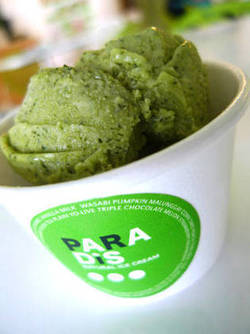
Oh my! Malunggay (Moringa Ice Cream)
Paradis 1st Floor Unit B Kojack Building Tomas Morato corner Scout Castor Quezon City Tel. No. 576-0589 Paradis’s malunggay ice cream is not only unusual, it’s probably the healthiest one out there too. Moringa in English, this miracle tree, known all over the world for its healthy nutritional properties along with energy boosting characteristics. Surprisingly, it’s pretty yummy when made into ice cream. Paradis definitely gets plus points for using pureed malunggay leaves and all-natural ingredients for all their delicious ice cream flavors.
- See more at: www.spot.ph/gallery/1066/10-Most-Unusual-Ice-Cream-Flavors-to-Try/article/48019#pid=15635
0 Comments
Available On Amazon.Com or At: https://www.healingmoringatree.com/apps/search?q=books
Then Came MoringaExercise can help control your blood sugar levels when you are diabetic. In addition, if you are overweight and diabetic, exercise will help you lose weight. However, as a diabetic, there are extra considerations and precautions that you need to take before you begin an exercise program. Nevertheless, exercise is an important tool in your effort to manage your diabetes. If your blood glucose level is too low or high, it is better to wait to exercise. You can do more harm than good if you do not. It is particularly dangerous if your blood sugar is low when you begin to exercise. Physical exertion can cause your blood sugar to drop even further which can trigger an emergency situation. As a precautionary measure, if you are exercising at a gym, be sure the staff are aware of your condition and have emergency instructions and numbers to call with you. If you walk or run outside by yourself, keep identification on you that shows that you are diabetic along with a contact phone numbers, a snack, and any other instructions necessary. Be sure to wear proper footwear and socks since foot problems are common in diabetics. If you notice any sores on your feet that don't heal on their own, see your physician. If they are not healing they can lead to an infection and other related complications. Otherwise, diabetics should follow the same guidelines that everyone else should follow. Warm up before exercising and stretch afterwards, drink plenty of fluids, and don’t try to exercise beyond current your fitness level. It is a good idea to check your blood sugars before and after exercising. If you are feeling light-headed during your workout, check it then too. Even though there are risks involved to exercising for diabetics, the benefits are worth it. Controlling your diabetes only by watching your food intake can be difficult. Following an exercise program can make diabetes management easier and more effective. Finally revealed: A scientific, clinically proven system that completely REVERSES diabetes in LESS than three weeks! To learn how to lower your blood sugar naturally and eliminate your diabetes drugs and insulin shots, click here! Posted by Caitlin MacKenna at 6:00 AM Email ThisBlogThis!Share to TwitterShare to FacebookShare to Pinterest Labels: diabetes management, exercise Herbal Sources: https://www.healingmoringatree.com/store/c1/Featured_Products.html
 10 Medicines Not to Give Your Baby by Sara Elliott Image Gallery: Parenting Not all over-the-counter medicines will leave a smile on that adorable face. See more pictures of parenting. BananaStock/Thinkstock The wide availability of over-the-counter (OTC) drugs can make them seem deceptively safe. If they're marketed as drugs for children, then they must be pretty harmless, right? Wrong. The FDA has no recommended guidelines for the use of any OTC medication on babies other than pain relievers. The cutoff for many children's medicines is 2 or 6 years old and up. If your child is younger than that, it's important to be extremely cautious when it comes to administering medicine. If you're breastfeeding, the drugs you may be taking can have health risks for your child, too. These 10 common medicines are bad for baby, and you should be on the lookout for them in any of the products you buy, regardless of the manufacturer or product name. Become an expert at reading product labels -- especially ingredient lists -- and if you can't get the information you need from the product's labeling, ask your pharmacist or call your pediatrician. Never guess. Many medicines administered to infants have side effects that you should evaluate and understand thoroughly before choosing to use them, too. Sometimes, a little cough or some discomfort is preferable to the risks involved in using strong medicines to treat common childhood illnesses. Know all of the ingredients before giving the medicine. BananaStock/Thinkstock Codeine is an example of a drug you wouldn't consciously give an infant without the express approval of your pediatrician, but it could transfer to your child while breastfeeding. There's always the chance that what you ingest will get into your breast milk, so make sure any medications you take will either stay out of your milk or be safe for your baby. Codeine can be an ingredient in prescription as well as non-prescription medications. It's a narcotic pain reliever sometimes prescribed to nursing mothers. The liver metabolizes codeine into morphine, and some women can have high levels of this metabolized morphine in their breast milk after taking codeine medications. Women who metabolize codeine quickly (ultra-rapid metabolizers) may transfer dangerous amounts to their nursing babies. Although codeine has been given to nursing mothers for years and is still prescribed in some circumstances, the FDA has had concerns about it since 2007, citing warning signs to look for in babies who may be ingesting unsafe levels of morphine in breast milk. They include:
DID YOU KNOWThe National Reye's Syndrome Foundation has assembled a list of prescription and over-the-counter medications that contain aspirin-like ingredients that you should avoid administering to any child under the age of 16: National Reye's Syndrome Foundation. There's a strong link between aspirin (and other salicylates) and Reye's syndrome, a potentially fatal neurological disorder. This is particularly true in children under the age of 16. Although instances of Reye's syndrome in children and adolescents have dropped dramatically in the last three decades, it's important to realize that salicylates can be present in over-the-counter drugs, topical products and natural herbal preparations. You may know not to administer aspirin to your child, but before you give any medication, make doubly sure that it doesn't contain salicylates that can be listed with names like acetylsalicylate, salicylic acid, white willow bark or acetylsalicylic acid. The risk for Reye's syndrome increases if aspirin-containing medications are administered to treat viral illnesses like colds and flu. Medical science recognizes that there's a connection, but hasn't yet discovered what it is. If you have any questions about a medication you want to use to treat your child's respiratory or flu-like symptoms, ask your pharmacist or pediatrician. Don't go running to the pharmacy at the first sign of a cold. Comstock/Thinkstock Never treat children younger than two years of age with over-the-counter cough and cold medicines unless specifically directed to do so by your pediatrician. This is the stark warning issued by the FDA in a public health advisory responding to reports of serious side effects in children when taking these drugs. There's research pending on the potential side effects in children between the ages of 2 and 11, and some sources recommend avoiding these drugs altogether if your child is under the age of 6. These medications treat the symptoms of respiratory distress, not the cause, and the risks, even in older children, may outweigh the benefits. DID YOU KNOW?If you have older drugs in your medicine cabinet, they may predate revelations about their safe use. Before you administer any drug you've had for a while, verify that it's within its safe-use date, and check with your pharmacist to make sure that there are no additional cautions you should be aware of. Some pain relievers, like acetaminophen (baby Tylenol) or ibuprofen (baby Advil or Motrin) are safe to give your infant in moderation for painful conditions like gas, earaches andteething, but pain relievers can also be hiding in preparations you may not expect like cold and cough medicines, upping the risk for dangerous double dosing. In fact, discovering the right dosage and formulation for a child under 2 years of age can be a challenge even if there are no other medications involved. Of course, before you turn to a pain reliever for your baby's symptoms, it's always a good idea to check with your pediatrician. Special note: Avoid giving acetaminophen to infants under 3 months old or ibuprofen to infants under 6 months old without your pediatrician's approval. Keep all adult medication out of reach of your baby. iStockphoto/Thinkstock So, you may know better, but when times are tough, you're exhausted, or it seems innocent enough, you may make the mistake of thinking a benign adult medication will be OK to administer to your infant. This can be a poor choice that's never worth the risk. Most adult over-the-counter preparations contain concentrated ingredients, additives and preservatives that may be harmful by themselves or interact with substances your infant is already taking. Whenever possible, rely on products and preparations designed specifically for babies, and if you do have to administer a product that's designed for adult use, check with your doctor or pharmacist first. DID YOU KNOW?If you're breastfeeding, discuss any medications you plan on taking, even over-the-counter medications, with your doctor. Although many drugs are safe to take while breastfeeding, it's important to make "eating for two" as nurturing and benign as possible. This is another drug that may cause problems forbreastfeeding mothers and their babies. Originally marketed outside of the United States as a treatment for nausea and vomiting, users noticed that one of the beneficial side effects of domperidone use was increased milk production in lactating women. For women who weren't producing enough milk, domperidone seemed like a worthwhile option. In 2004, the FDA published a warning letter recommending that it not be used, prompted by published reports of cardiac arrest and sudden death in some women taking intravenous domperidone, concerns about its growing importation and use, and a lack of knowledge about the effects of domperidone on breastfeeding infants. If you want to breastfeed your baby, it's always best to avoid ingesting any more drugs or potentially disruptive or harmful substances than you have to. Many new mothers opt for caution over personal comfort. If you have been diagnosed with an illness that will require drug treatment, consult with your physician and your pediatrician before deciding the best course for your breastfeeding regimen. Coordinating with medical professionals to determine the best way to feed and nurture your baby while protecting yourself is an important step to a healthier family. DID YOU KNOW?When disposing of over-the-counter and prescription medications,always refer to the instructions on the medicine bottle. If none are listed,the Office of National Drug Control Policy recommends that you try to locate a drug take-back program in your area. You may have an alphabet's worth of drugs left over from the last time you had an infant to care for, but the chances are good that many if not most of those drugs have expired "use by" dates. Before you give any drug to your baby, verify that it's safe to use on an infant, and make sure to check the "use by" date stamped on the bottle. If you can't find or decipher the batch information on the drug's packaging, don't risk it. Even if the drug is within its effective date, inspect the contents for discoloration or anything else that seems off. If it's out of date or looks suspicious, discard it. Breastfeeding is a wonderful option, but some medications can cause problems, even when they don't make their way into your breast milk. There are drugs that can adversely affect breast milk production. Diuretics can limit the amount of fluid in the breast, while drugs like anti-hypertensive beta blockers can reduce bloodflow to the arteries that carry blood to the milk-producing regions of the breast. If you're breastfeeding, make sure your doctor knows, and discuss any drugs you plan on taking in light of your breastfeeding intentions. DID YOU KNOW?From drugs to volatile organic compounds (VOCs) in new paint and carpeting, if you think your child is having a negative reaction to a substance he's come in contact with, call your pediatrician immediately. If your child is having trouble breathing, call emergency services right away. And if you have questions about a substance and want to learn more, contact the American Association of Poison Control Centers. Drugs and other sources of chemical contamination can be hiding in plain sight. Evamist is the trade name for an estradiol transdermal spray, an estrogen delivery system to help combat hot flashes during menopause. It's typically sprayed on the inside of the elbow or between the forearm and wrist, prime real estate for doting grandmothers who want to rock and entertain their grandbabies. The FDA sent out a safety announcement about Evamist in July of 2010, warning that children and infants exposed to the drug could experience premature puberty. Males could face breast enlargement while females could show signs of premature breast development and nipple swelling. If someone who comes in regular contact with your child is taking Evamist, she should wear long-sleeved clothing to avoid having direct skin contact with the child near the drug application site. Evamist is one example of a medication intended for a specific purpose that can have accidental implications for your infant, your pets and other members of your family. Even a discarded nicotine patch that inadvertently comes in contact with a toddler's skin can be dangerous, so it's important to anticipate potential drug threats from conventional as well as unconventional sources. 10 Most Popular Baby Names of All Time One year it's Brittney and Justin, next year it's Ashley and Ethan. Then all of a sudden we're back to Dick and Jane. Can you guess the 10 most popular baby names of all time? Is yours on the list? Read more » Related Articles
Sources: http://lifestyle.howstuffworks.com/family/parenting/babies/10-medicines-not-to-give-baby.htm
source: http://www.motherearthnews.com/natural-health/herbal-remedies/herbal-remedies-common-ailments.aspx
Medicinal herbs can provide natural, safer remedies to dozens of common ailments. This chart shows you more than 75 herbal remedies that do just that. For more information about herbal remedies, check out 75 Safe and Effective Herbal Remedies. As with any health issue, always be sure to talk to your doctor before trying a new medicine -- including herbal medicines -- or other remedy. In conjunction with a discussion with your primary healthcare provider, you can find more safety and usage information on the herbs below in Micheal Castleman's The New Healing Herbs and in Dr. James A. Duke's book, Dr. Duke's Essential Herbs. Ailment Herb Acne Calendula, aloe, tea tree Alcoholism Evening primrose, kudzu Allergy Chamomile Alzheimer’s disease Ginkgo, rosemary Angina Hawthorn, garlic, willow, green tea Anxiety and stress Hops, kava, passionflower, valerian, chamomile, lavender Arteriosclerosis Garlic Arthritis Capsicum, ginger, turmeric, willow, cat’s claw, devil’s claw Asthma Coffee, ephedra, tea Athlete’s foot Topical tea tree oil Attention-deficit disorder Evening primrose oil Bad breath Parsley Boils Tea tree oil, topical garlic, echinacea, eleutherococcus, ginseng, rhodiola Bronchitis Echinacea, pelargonium Burns Aloe Cancer Bilberry, blackberry, cocoa (dark chocolate), green tea, garlic, ginseng, maitake mushroom, pomegranate, raspberry, reishi mushroom Cankers Goldenseal Colds Echinacea, andrographis, ginseng, coffee, licorice root (sore throat), tea (nasal and chest congestion) Congestive heart failure Hawthorn Constipation Apple, psyllium seed, senna Cough Eucalyptus Depression St. John’s wort Diabetes, Type 2 Garlic, beans (navy, pinto, black, etc.), cinnamon, eleutherococcus, flaxseed, green tea Diabetic ulcers Comfrey Diarrhea Bilberry, raspberry Diverticulitis Peppermint Dizziness Ginger, ginkgo Earache Echinacea Eczema Chamomile, topical borage seed oil, evening primrose oil Fatigue Cocoa (dark chocolate), coffee, eleutheroccocus, ginseng, rhodiola, teaFlu Echinacea, elderberry syrup (also see “Colds”) Gas Fennel, dill Giardia Goldensea lGingivitis Goldenseal, green tea Hay fever Stinging nettle, butterbur Herpes Topical lemon balm, topical comfrey, echinacea, garlic, ginsens High blood pressure Garlic, beans, cocoa (dark chocolate), hawthorn High blood sugar Fenugreek High cholesterol Apple, cinnamon, cocoa (dark chocolate), evening primrose oil, flaxseed, soy foods, green tea. Hot flashes Red clover, soy, black cohosh Impotence Yohimbe Indigestion Chamomile, ginger, peppermint Infection Topical tea tree oil, astragalus, echinacea, eleutherococcus, garlic, ginseng, rhodiola Insomnia Kava, evening primrose, hops, lemon balm, valerian Irregular heartbeat Hawthorn Irregularity Senna, psyllium seed Irritable bowel syndrome Chamomile, peppermint Lower back pain Thymol, carvacrol, white willow bark Menstrual cramps Kava, raspberry, chasteberry Migraine Feverfew, butterbur Morning sickness Ginger Muscle pain Capsicum, wintergreen Nausea Ginger Premenstrual syndrome Chasteberry, evening primrose Ringing in the ears Ginkgo Seasonal affective disorder St. John’s wort Shingles Capsicum Sore throat Licorice, marshmallow, mullein Stuffy nose Echinacea Tonsillitis Goldenseal, astragalus, echinacea Toothache Willow, clove oi lUlcers Aloe, licorice Varicosities Bilberry, horse chestnut Yeast infection Garlic, goldenseal, Pau D’arco Purify Your OwnWater It only takes 1.5 grams of Moringa ground seeds to filter 32 ounces of water. Only peel the shell, remove the white center, mash it up, then add mush to water. Grounded Moringa seeds have been known to destroy 90+% of bad bacteria and removing metals making unclean water drinkable.
Top Medicinal Herbal Tea CombinationsOrganic Moringa Leaf Tea Herbal Blends!
(Moringa Medicinal Tea blends) |
Archives
June 2019
We sell Organic Moringa Trees,Moringa seeds.Southern California source of healthy Organic Moringa Trees. Categories
All
|
- Store Shop
-
MORINGA TREES & SEEDS
- MORINGA TREES
- Buy Moringa Seeds & Trees
- Moringa Tree Starter Kit
- Moringa Root Kits
- Wholesale Moringa Trees
- Organic Moringa Seeds
- Buy Oleifera Seeds >
- Buy Stenopetala Seeds
- Buy Moringa Roots
- Baobab Trees for Sale >
- Buy Medicinal Plants >
- Growing Moringa
- Sustainable Supplies >
- Moringa Books >
- Ground Organic Moringa seeds
- Non-Toxic ECO Moringa Cleaners
- Clay Tea Pots
-
Moringa Health
- ORGANIC HERBAL SMOKES
-
Moringa Powder, Capsules, Tea, Dried Leaves,
>
- Moringa Honey
- Moringa Alkaline Water
- Moringa Recipes
- Moringa First Aid kits
- Moringa Tooth Powder Kit
- Diatomaceous Earth
- Buy Turmeric >
- MORINGA SPAGYRIC TINCTURE >
- Fresh Moringa >
- Moringa Herbal Olis >
- Moringa Oral Care >
- Moringa Nail Polish
- Moringa Sample set
- Colloidal Silver Products
-
Moringa Beauty Products
- Mamas Moringa Baby Products
- Organic Moringa Cosmetic Products
- Aroma Herbal Mood Sprays
- Moringa Hair Products >
-
Moringa Skin Products
>
- Organic Moringa Oil >
- Moringa Soap
- Moringa Hand Soap
- Moringa Natural Skin Care System
- Moringa Anti-Aging Face Lotion
- Moringa Infused Clay Mask
- Roll on Aluminum-Free Moringa Herbal Deodorants
- Moringa Herbal Deodorants
- Moringa Sunscreen
- Moringa Bath Salt
- Moringa Hand Sanitizer
- Moringa Chest Rub
- Moringa Foot Spray
- Moringa Vaginal lubricant
-
Moringa For PETS
- Moringa Silky Coat Dog Grooming Products
- Yorkie Hypoglycemia Relief Multivitamin Drops
- Moringa American Staffordshire Terriers
- Moringa Healthy PETS
- Moringa Doggy Treats
- Moringa Dog Food
- Organic Moringa Cat Treats
- Organic Moringa Pigeon Feed
- Organic Moringa Fish food Flakes!
- Moringa Pet Body Products
- Moringa GIFTS
- Healing Moringa MASSAGE & SPA




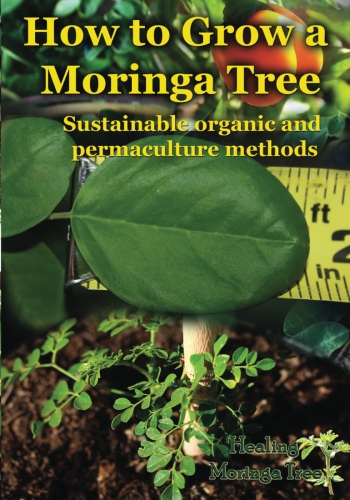

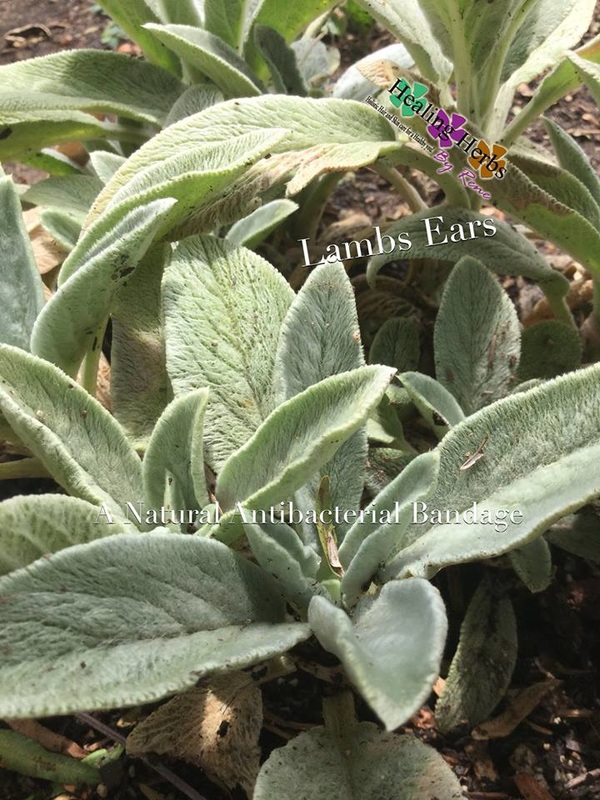
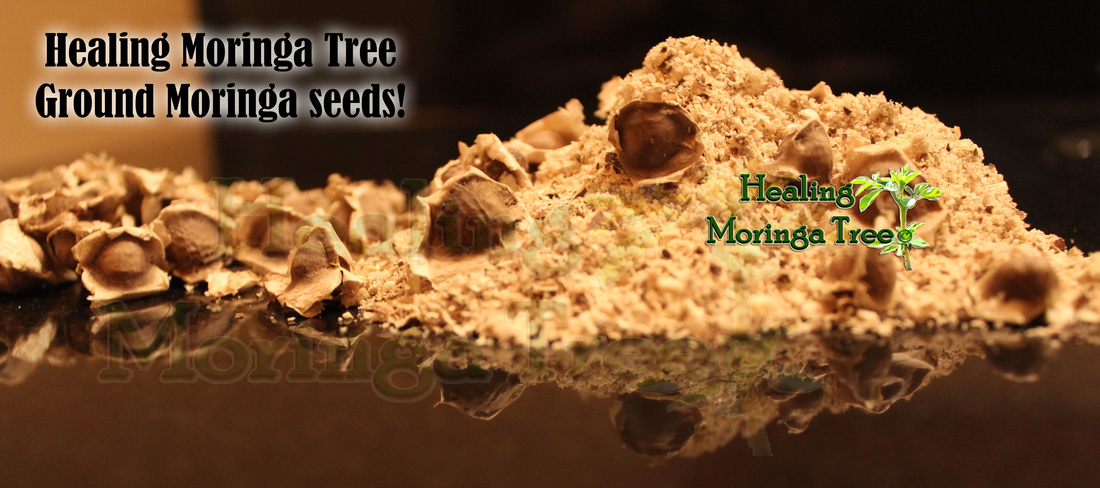
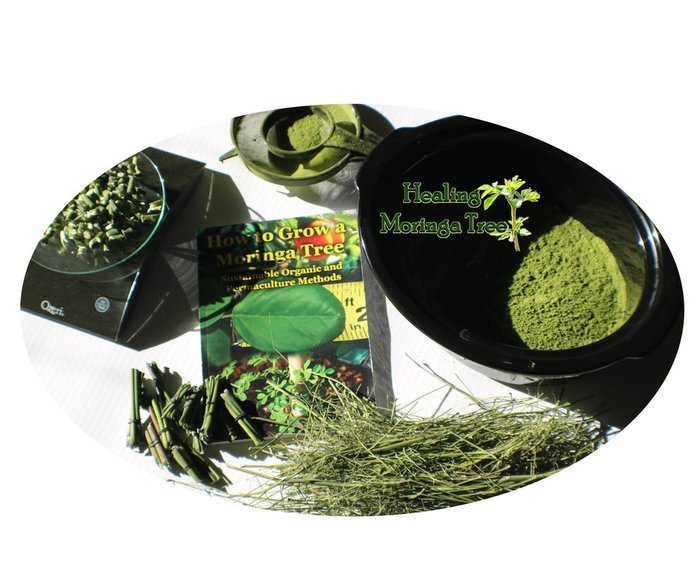


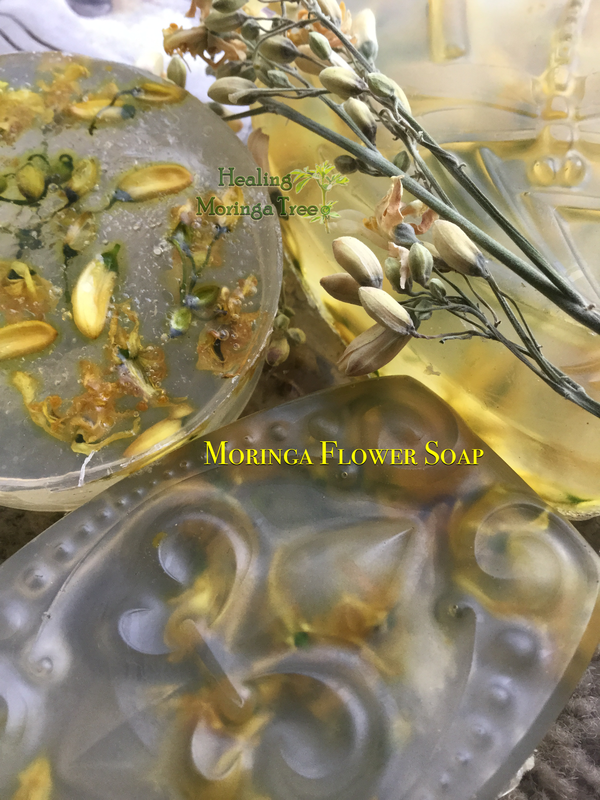




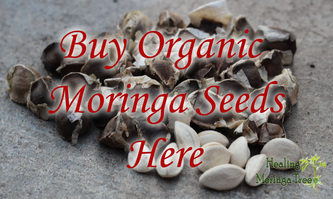
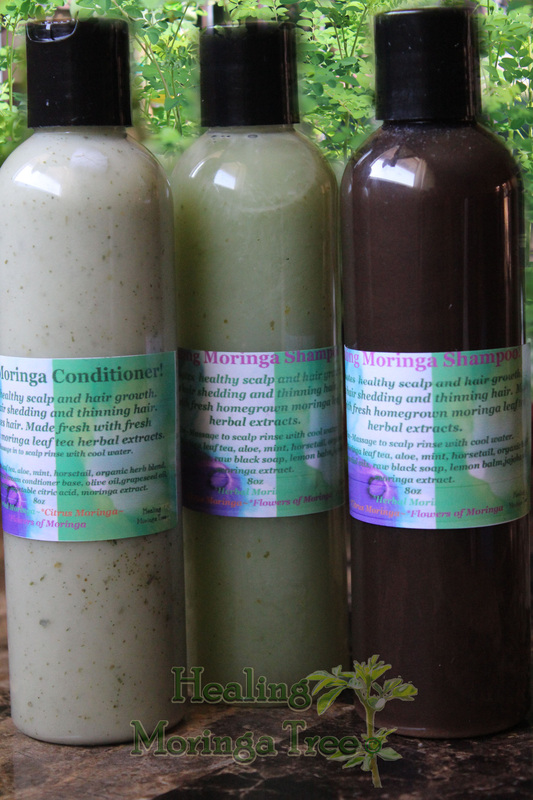
 RSS Feed
RSS Feed

